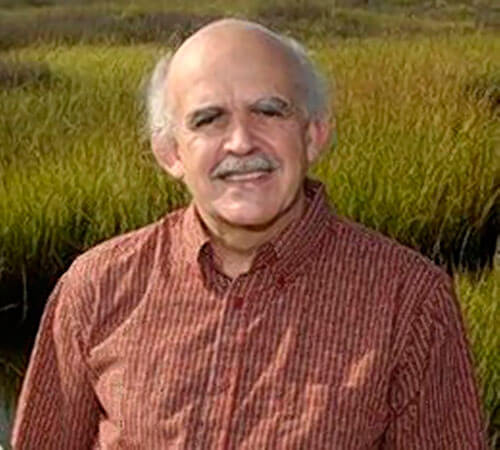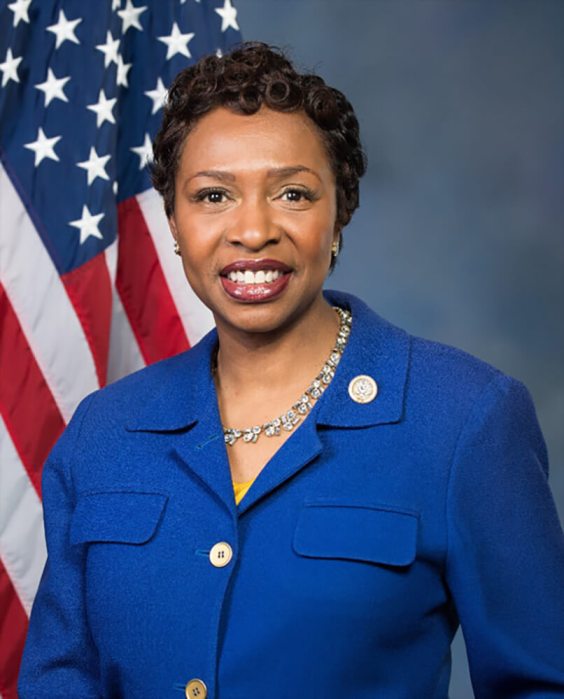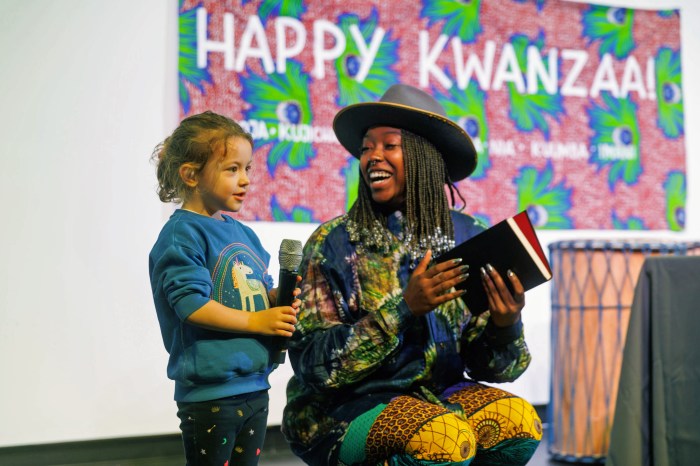MYRTLE BEACH, South Carolina, Jan. 10, 2015 (IPS) – Globalisation is an integral feature of modernity. It already has significantly advanced to transform local experiences into global ones, to unify the disparate villages of the world into a global community, and to integrate national economies into an international economy.
At the same time, however, the process of globalisation brings about the loss of cultural identity.
Many young people today grow up and live in a consolidating global world and define themselves as people not belonging to any particular culture. In 2013, 232 million people, or 3.2 per cent of the world’s population, were legal international migrants, compared with 175 million in 2000 and 154 million in 1990.
To these figures one must add at least an estimated 30 million undocumented migrants.
As a result, more people in the world are intermarrying across cultural, ethnic and religious groupings. In Europe, for example, in the period 2008-10, on average one in 12 married persons was in a mixed marriage. Their children are exposed to hybrid cultural settings plus sometimes the host country setting if both parents are immigrants.
In 2013, more than one billion traveled internationally as tourists, thus increasing their firsthand knowledge of the world beyond their own borders. On the other hand, there are nearly three billion Internet users in the world today. More than a billion are connected in social networks across the planet.
The interconnectedness of people today is beyond anything that has happened before in history. And to this one must add the ecological, cosmological and modern physics concepts that emphasise interconnectedness in the world at large and our appreciation of being on the same planet, the global village.
For many now, home is not bound to a specific location, but rather to a conscious experience of culture. People living between cultures feel more “natural” in a globalised world because it reflects the combination of different cultures, views and social belongings.
There is, however, as part of the global synthesis and interconnectedness process, a socio-cultural energy of resistance, acting as a counterforce. And although many people define and identify themselves as global citizens, the cultures and societies in which they live do not easily accept their status, and constantly try to place and categorise them.
Wherever they feel at home, they are simultaneously perceived as outsiders, tourists, and as members of a foreign culture. Simultaneously, as the world integration persists, cultural entrenchments, ethnic, religious and parochial groups resist, fearing the dissolving forces of globalisation, manifesting the resistance in fundamentalism, violence and tribal and ethnic wars.
Culture and globalisation have come to be understood as mutually exclusive and antithetical; the former is typically associated with one specific culture while the latter signifies the homogenisation of all cultures into one.
For the global citizen, self-understanding and cultural identity are defined by the lack of belonging to a specific culture. Global citizens lose their sense of belonging and become strangers to society, but in return they gain the freedom of self-expression and self-definition since they are unfettered by the normative constraints of culture and society.
The world is in the midst of a great transition. Prevailing business as usual models are not going to work for a nine billion, highly consumptive society. Scientific, business and government authorities throughout the world agree that we need to align our production and consumption cycles, our markets, with the natural cycles of our life support systems.
And our fragmented approaches are not efficient or effective enough to accomplish this. We need a global consciousness and a global citizenship.
Not a global government but a federated international system based on collaboration and cooperation, rather than competition and hegemony, linking citizenry in their respective communities and countries on issues of common interest and with respect for the cultural diversity.
And it cannot be not just be governments participating in this concerted effort of international cooperation. Private business stands today as the most powerful sector in the planet. However, it has yet to assume a corresponding responsibility in shaping the future of the societal context in which it is embedded and on which it ultimately depends.
A new world-culture is emerging through an integral vision, which is independent of existing traditions and conserved values. It is initiating a new way of thinking in terms of an indivisible totality, and it discards the relative values of comparison in favour of the recognition of the intrinsic worth of everything and everyone.
Increasing numbers of people, communities, even corporate enterprises are increasingly understanding this interconnectedness and the advantage of cooperation and collaboration as a business model.
The movement to global citizenship should be to connect people committed to create a just, peaceful, and sustainable world, to accelerate a cohesive global movement of personal and social transformation, reflecting the unity of humanity.
True global citizens aim to connect caring communities, groups, and individuals at a global level, to promote understanding of humanity’s underlying unity and advance its expression through peace, social justice and ecological balance.
Anyone who transforms his/her perception of the world from one of me against “the other”, of “us” versus “them”, into a unified perception that recognises the interconnectedness of life starts to belong to the global citizenship movement.
This emergence is already happening everywhere as people are becoming conscious at many levels of political organisation, that the functioning of the life support systems that underwrite the well-being and prosperity of humanity is at risk.
There is broad consensus amongst the world’s scientific, business, intergovernmental and non-governmental communities that: (a) we need to align our production and consumption cycles and our markets with the natural regenerative cycles of nature; (b) prevailing business-as-usual models based on intense and wasteful consumption are not going to work for the expected nine billion inhabitants; (c) there is an urgency to change our ways; and (d) piecemeal approaches are not effective or scalable enough.
Sustainable solutions are there, people are already making a difference, making things happen. All we need to do is a wide-range scaling up and a fast acceleration of this process.
We have a systems problem, so we need a systemic solution. There is only one force on earth that is powerful enough to fix this – all of us. We need to collaborate consciously in the largest enterprise, ever to be set in motion; one that contains all others –a truly global citizenry and for this we need a massive cultural change in our consciousness.
Edited by Kitty Stapp





















